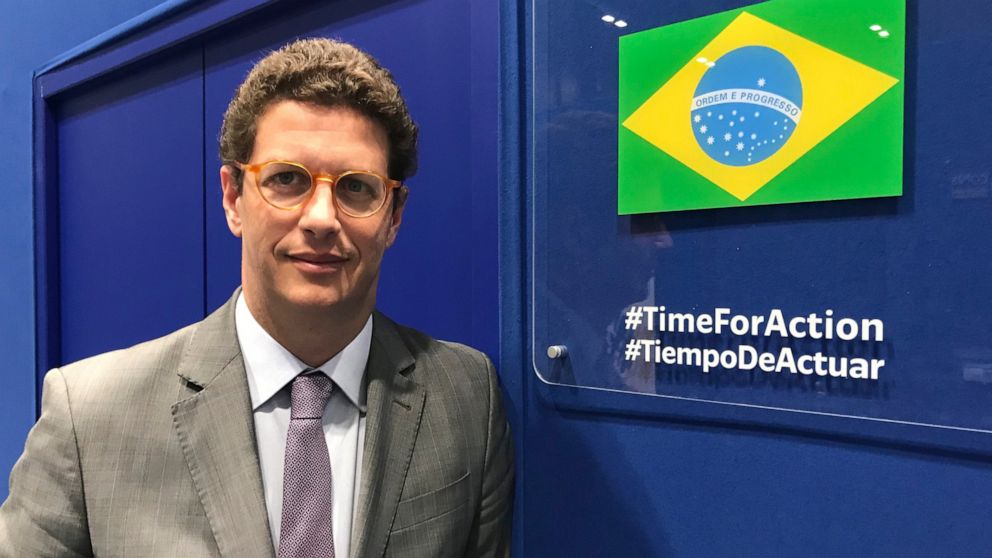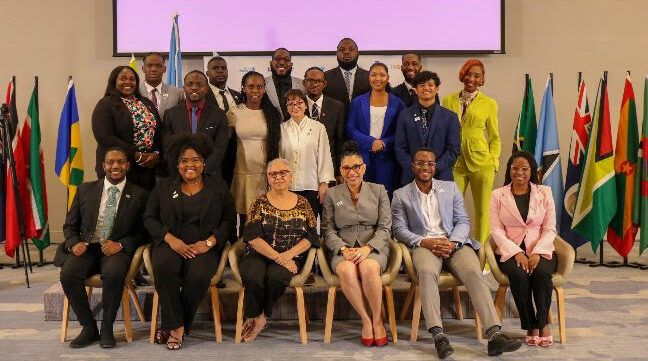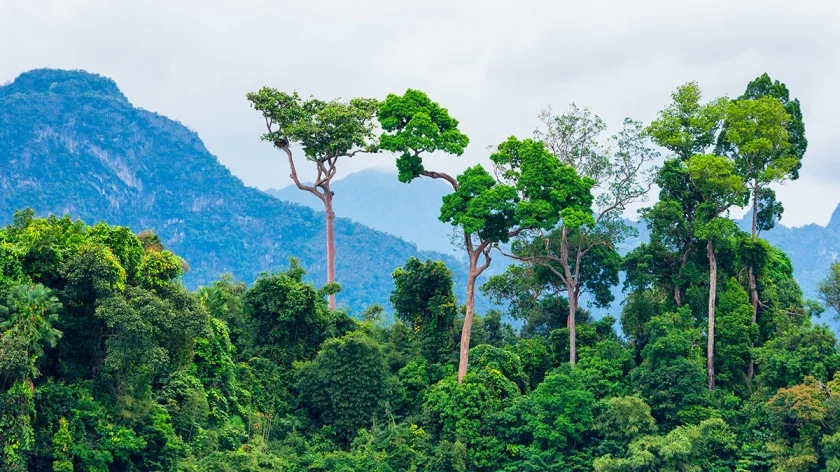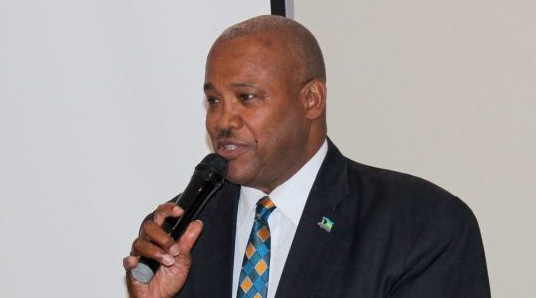With the failure of the U.N. climate conference to produce an agreement, some Brazilians who participated in previous climate meetings say their country is now part of the problem in efforts to forge an international approach to global warming.
Others, taking a cue from Brazil’s Environment Minister Ricardo Salles, are blaming the world’s wealthy nations. Salles demanded money from industrialized countries to help with protecting the Amazon, accused those countries of being hypocritical about addressing climate change.
Salles also took a jab at environmentalists who wring their hands over what they consider damage caused by beef consumption. He tweeted a photo of his enormous beef meal “to offset carbon emissions” at the Madrid conference.
Activists questioned what Brazil’s role will be in climate conferences, noting that the two-week conference held in Madrid originally was supposed to be put on by Brazil, before Jair Bolsonaro took office as president last Jan. 1. His government declined to do so, citing fiscal constraints.
Where previous Brazilian administrations sought to join in multinational approaches to dealing with problems, Bolsonaro takes a more Brazil-centred view along with a combative, far-right political approach.
He has questioned whether activists were behind some of the fires that raged in the Amazon region this year and accuses non-profit groups of working on behalf of international powers to hinder Brazil’s development. He has presented no evidence for either claim.
Rubens Ricupero, a former Brazilian environment minister and head of the U.N. trade and development organization, said the government’s approach in Madrid “had no pragmatism at all” and could hurt Brazil’s trade and efforts to attract investment. He said he attended the U.N.’s historic 1992 meeting in Rio de Janeiro, where global warming discussions gained traction.
“Brazil’s administration has moderated on a few topics, such as bringing Chinese investment in, which they refused until not long ago. But there has been no moderation in environmental discussions, (or) in anything that has a relation with human rights,” Ricupero said.
Claudio Angelo, communications co-ordinator for the non-profit group Observatorio do Clima, said the Brazilian delegation left journalists and activists in the dark about its positions during the negotiations in Madrid.
“Diplomats and nonprofits often have disagreements, but that never stopped conversations during meetings, some of them very frank. But that didn’t happen this time,” Angelo said.
Two Brazilian diplomats who took part in the climate conference did not respond to a request for comment on their handling of negotiations.
Salles said rich countries were the cause of the failure to reach agreement in Madrid. “They want measures and point their fingers at the rest of the world, but when they have to put their hands into their pockets they don’t want to,” he said on Twitter.
Conservative pundit Rodrigo Constantino agreed with Salles’ assessment.
“They are trying to kick the ladder out from under developing countries. One thing is for a rich country to talk about much more expensive alternative energy. Another is for developing countries like Brazil to replace their energy sources,” Constantino said on Jovem Pan radio.
Celso Amorim, who led Brazil’s delegation at the 2009 climate change conference, said the positions taken by Bolsonaro’s administration at the U.N. meeting will have an impact on future discussions.
“Until recently, leaders of other countries looked to Brazil for some help on this issue,” Amorim said in an interview. “Now Brazil is the problem, and that surely brings consequences for agribusiness, for example.”
He added that he was a diplomat during Brazil’s hard-line military dictatorship, but said that “even then there was much more moderation in international forums.”




